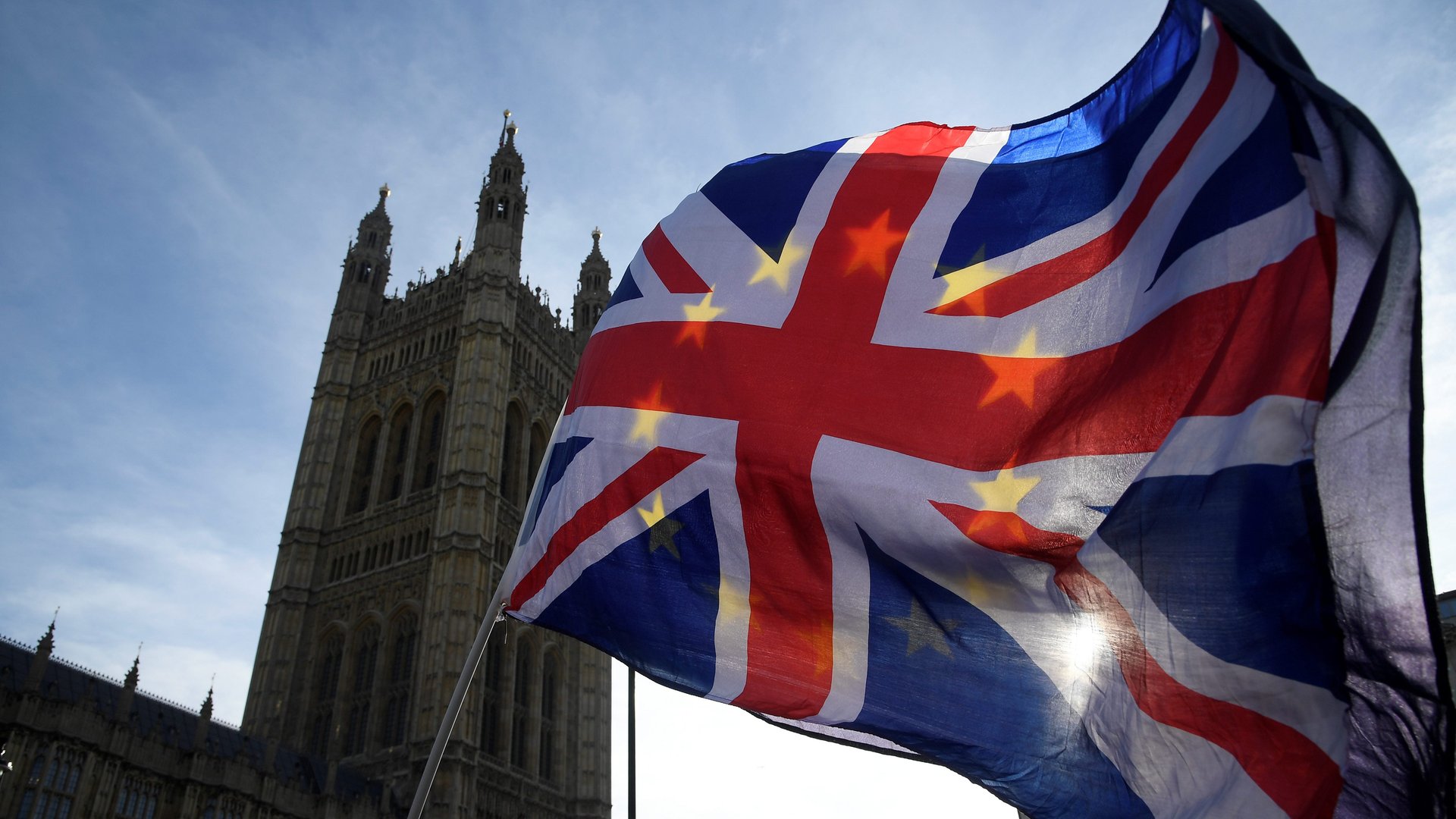Facebook is a “surveillance operation“ in an “abusive relationship” with its users, say UK lawmakers
UK lawmakers visiting the US didn’t pull any punches at a Washington DC hearing on fake news today.


UK lawmakers visiting the US didn’t pull any punches at a Washington DC hearing on fake news today.
“Isn’t Facebook a massive surveillance operation?” asked conservative MP Rebecca Pow. Members of the UK House of Commons’s digital, culture, media and sport committee called US tech companies to George Washington University today, questioning representatives of Facebook, Alphabet, and Twitter, as well as academics and journalists on the general topic of fake news.
MPs repeatedly suggested it is time to regulate Facebook.
Most users don’t realize that their News Feeds—Facebook’s main product—are controlled by algorithms, said Jo Stevens, a Labour party MP. Because of this power imbalance, the relationship between the Silicon Valley behemoth and an individual user is like an “abusive relationship,” where one side was exercising “coercive control,” she said.
Under UK law, it is illegal for foreign actors to pay for political ads. Facebook’s UK policy director, Simon Milner, said that Facebook isn’t to blame in such situations, but Ian Lucas, also a Labour MP, countered that by accepting a foreign payment, Facebook is “facilitating an illegal act.” He added: “This is the problem: You have all this information. We have none of it, because you won’t show it to us.”
Committee chairman Damian Collins also said that if Facebook was a bank where someone was laundering money, the response would not be “‘we’re just the platform through which this laundering is taking place.” The bank, he said, would be closed down. “People would face prosecution.”
Another awkward moment occurred when Milner was asked how long the company keeps user data, and he answered, “we’re custodians of data.” MP Rebecca Pow retorted: “You do sound rather godlike.”
UK lawmakers and Facebook already had a tense relationship. The MPs were not satisfied with Facebook’s investigation into Russian interference during the 2016 Brexit referendum, accusing the company of doing “no work.” In response, Facebook said in January that it was broadening the probe.